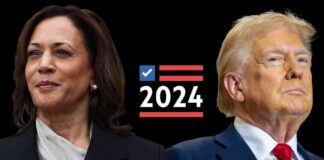Tesla CEO Elon Musk’s Record Pay Package Denied in Court Ruling
In a groundbreaking court ruling today, Tesla CEO Elon Musk’s record-breaking pay package has been denied. The decision comes after months of legal battles and intense scrutiny over Musk’s compensation plan, which was set to make him one of the highest-paid executives in history.
What Happened?
The court ruled that Musk’s pay package, which was tied to the company’s performance and stock price, was excessive and not in the best interests of Tesla’s shareholders. The package included a staggering $55.8 billion in stock options, making it one of the largest executive pay deals ever proposed.
Why Was It Denied?
The court found that the pay package would have unfairly enriched Musk at the expense of Tesla’s shareholders, who would have seen their ownership diluted as a result. The ruling highlights the growing concern over executive compensation and the need for greater oversight and accountability in corporate governance.
What’s Next for Musk and Tesla?
As a result of the court ruling, Musk’s pay package has been effectively canceled, leaving the CEO without the massive windfall he was set to receive. This decision could have significant implications for Tesla’s future, as Musk’s compensation was tied to the company’s performance and ambitious growth targets.
Expert Commentary
According to corporate governance experts, the court’s decision sets a precedent for greater scrutiny of executive pay packages and highlights the importance of aligning compensation with shareholder interests. This ruling could lead to more transparency and accountability in how companies compensate their top executives, ultimately benefiting shareholders and promoting good corporate governance practices.
This ruling serves as a reminder that no one is above the law, even high-profile CEOs like Elon Musk. It underscores the importance of fair and reasonable compensation practices in corporate America, ensuring that executives are held accountable for their actions and decisions. As stakeholders continue to demand greater transparency and accountability from companies, cases like this will shape the future of executive compensation and corporate governance for years to come.






















